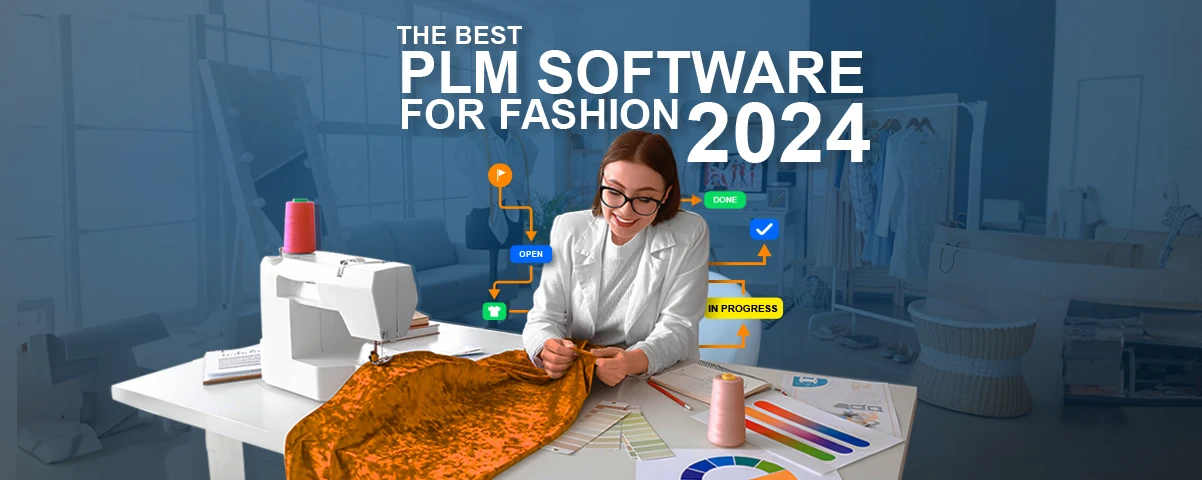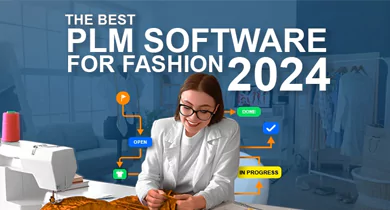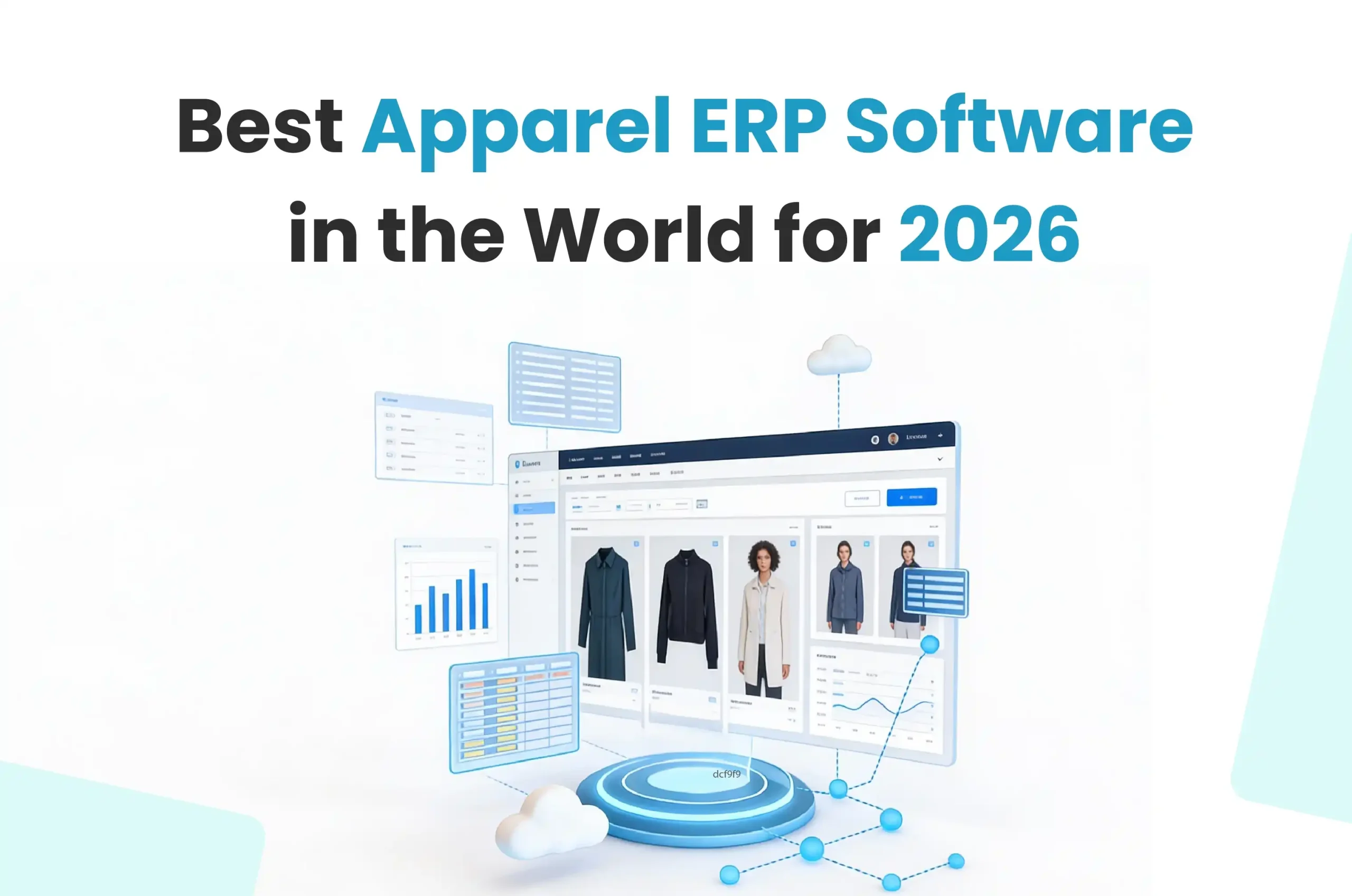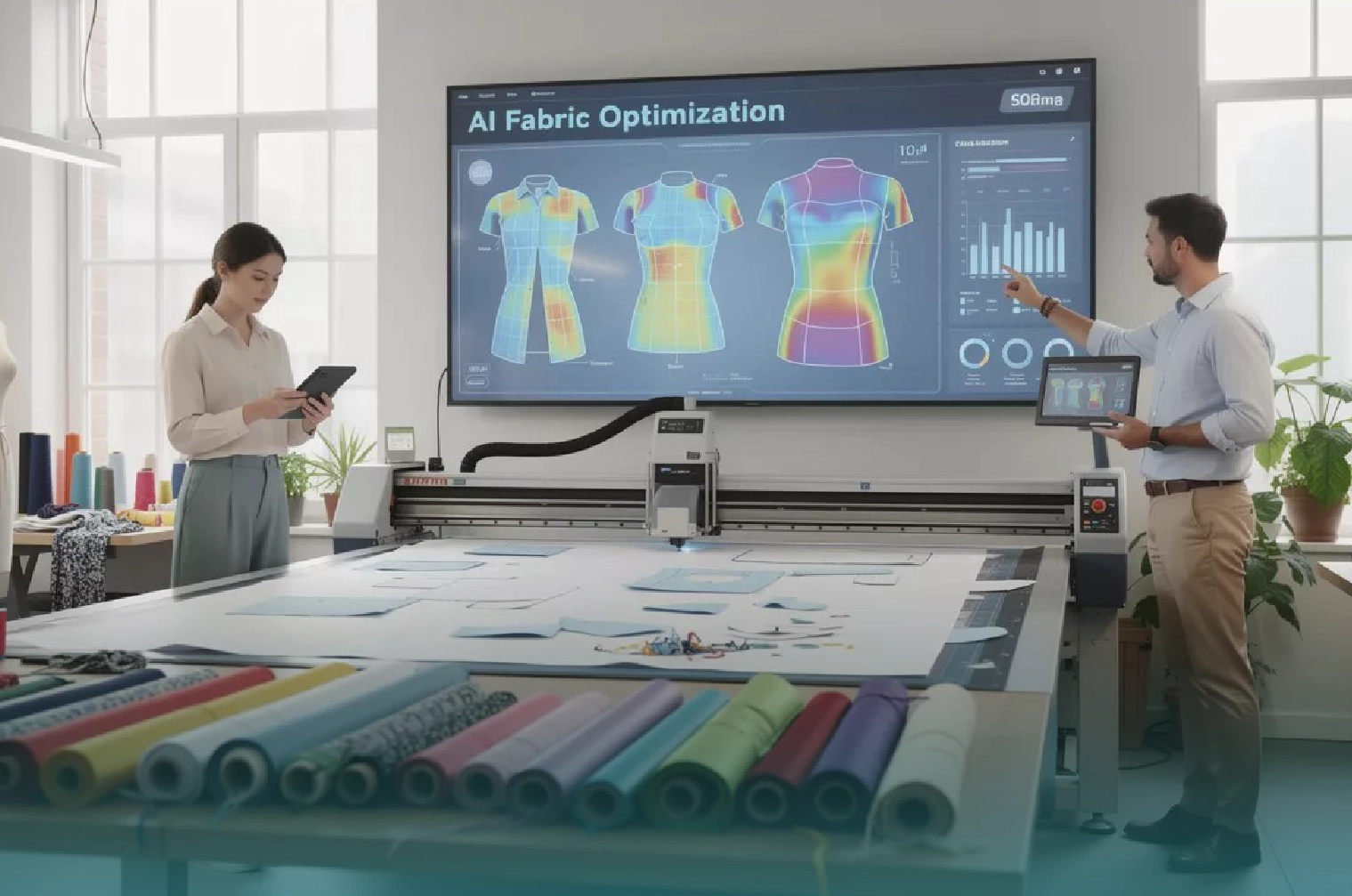PLM boosts fashion product development by facilitating collaboration, optimizing workflows, and delivering tools for effective project management across departments and lifecycle stages. Below, we’ve listed the top PLM software options for your reference:
1. WFX – World Fashion Exchange 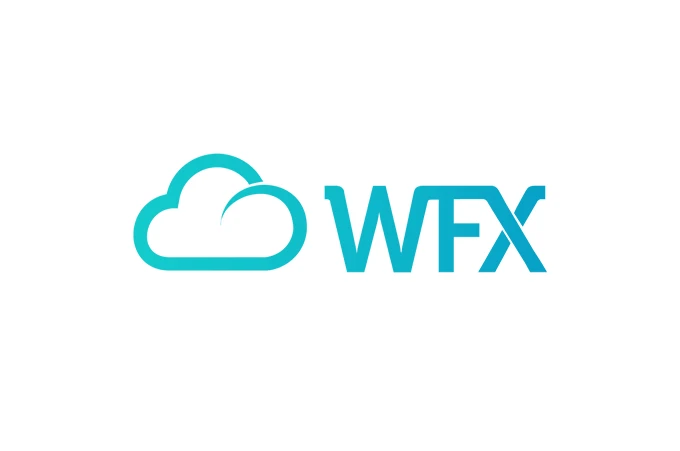
WFX PLM stands out as a 100% cloud-based platform designed specifically for the fashion industry. Its built-in integration with popular design tools, ERP systems, and sales platforms means seamless management of all your processes from idea to sale. WFX delivers an end-to-end solution that is scalable, versatile, and built to handle the complexity of fashion businesses.
Where most PLMs struggle to offer true flexibility across industries, WFX is tailored exclusively for fashion. It addresses the unique needs of garment companies and adjacent sectors like accessories, home goods, and footwear.
With a user-friendly interface, WFX is accessible to businesses of all sizes, whether you’re scaling up a global brand or managing a smaller operation. It emphasizes real-time collaboration across global teams, ensuring nothing gets lost in translation.
Key Modules:
- Product & Material Library
- Sample Feedback and Approvals
- Purchase Order and Production
Customers: SKIMS, Everlane, Gorjana, Forever New, Cult Gaia, Showpo, Mexx, Belstaff, Benetton India
Pricing: WFX runs on a flexible pricing model where you only pay for the modules you use. Reach out to the WFX team here for a quote.
2. Uphance
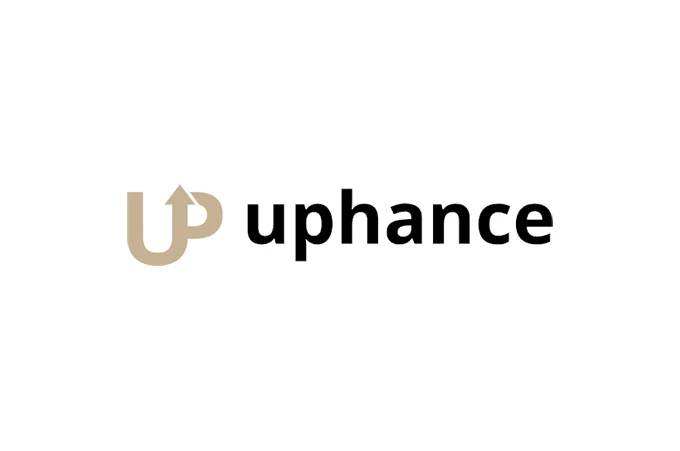
Uphance is a cloud-hosted, hybrid, and on-premises apparel management software designed for small and medium-sized fashion firms who want to manage their operations more smoothly. Uphance places a greater focus on operations (e.g., inventory and billing) and less on the design and development aspects of the business.
If managing inventory, orders, and invoicing is your primary concern, Uphance offers solid tools, but it might fall short in offering advanced PLM features for growing fashion brands that need more robust design and collaboration tools.
Key Modules:
Pricing: Starts at $199/month
Customers: Louenhide, Frances Valentine, Rejina Pyo
3. Centric PLM
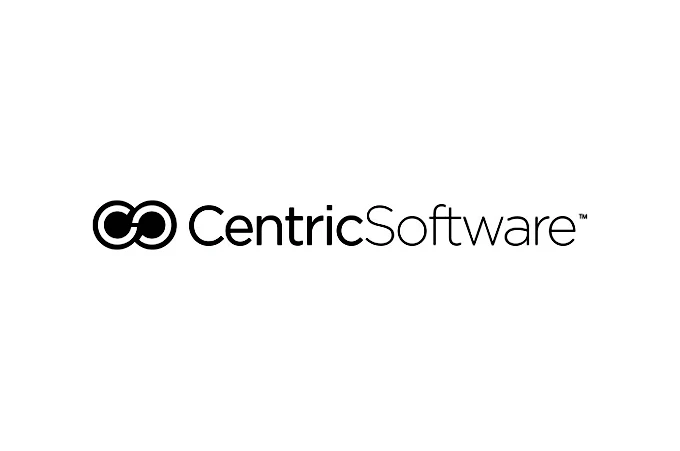
Centric PLM is a more traditional choice, offering on-premises and cloud-based PLM options. It’s designed primarily with large, multinational companies in mind that need support for complex supply chains. While it excels at speeding up time-to-market, Centric’s focus on enterprise-level solutions may feel overbuilt for smaller companies or those prioritizing modern, easy-to-use interfaces.
If you’re a massive enterprise juggling multiple product lines across various regions, Centric may fit. However, its complexity can be overwhelming and unnecessary for most new-age fashion businesses.
Key Modules:
Change Management & Cost Tracking
Design Management
Product Data Management
Compliance Management
Supplier Management
Pricing: Not publicly available
Customers: Decathlon, Sephora, Asics
4. Tech Packer
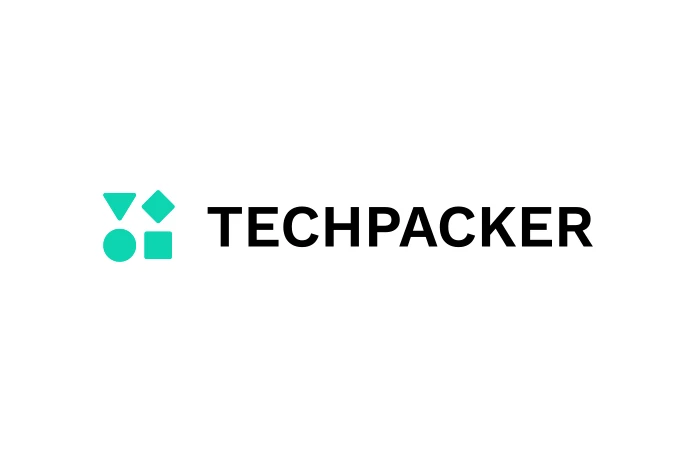
Tech Packer is a niche solution designed to help create detailed tech packs quickly, but it lacks the all-encompassing features that a PLM might offer you. It works flawlessly with Adobe Illustrator, making it simple to swiftly produce Tech Packs with flawless pixels. It offers cloud-hosted, hybrid, and on-premises applications.
Tech Packer is best for small design teams or freelancers focused on perfecting the technical details of their fashion products. If you need a quick, design-centric tool without comprehensive PLM features, this works.
Key Modules:
- Print/Cut and Storage of Patterns, Colors, and Artwork
Pricing: Starts at $39/month
Customers: Molecule, Woox, Lovevery
5. Backbone PLM
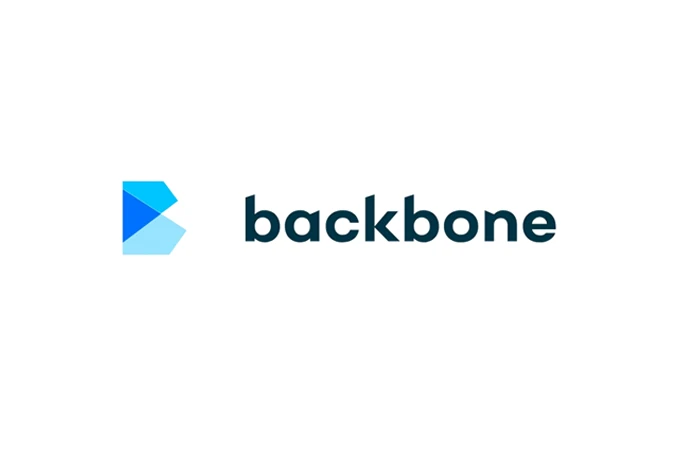
Now a part of Bamboo Rose, Backbone PLM offers a great SaaS solution for managing product development and sourcing, but it’s not built specifically for the fashion industry. This lack of specialization can be a challenge for fashion companies needing more tailored workflows.
Backbone PLM is a solid fit for companies outside the fashion space or those who don’t require highly specialized tools. Fashion companies may find it lacking in industry-specific capabilities, but it could work for firms looking for a generalized, cloud-based collaboration platform.
Key Modules:
Pricing: Starts at $199/month
Customers: Eagle Creek, Johnny Was, Movado
6. BlueCherry PLM
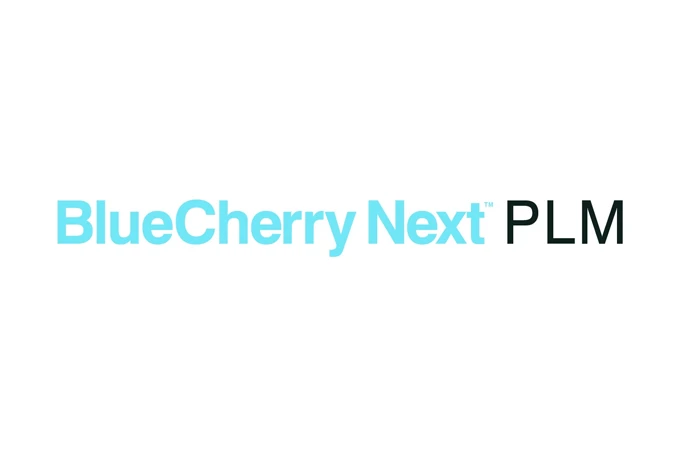
BlueCherry PLM targets high-growth companies in the retail and lifestyle product sectors, offering strong supply chain management tools. However, its hybrid approach (cloud and on-premises) and focus on operational management could make it feel less agile for modern fashion brands seeking flexibility and fast-paced collaboration.
BlueCherry PLM works for fast-growing consumer goods or lifestyle brands with a focus on high-volume production and distribution. If you’re more concerned with managing logistics than design, BlueCherry could be an option, though it might not be the best fit for fashion companies looking for fashion-first solutions.
Key Modules:
Customers: General Sportwear, Tommie Copper, Adrianna Papell
Pricing: Not publicly available
7. Gerber Yunique PLM
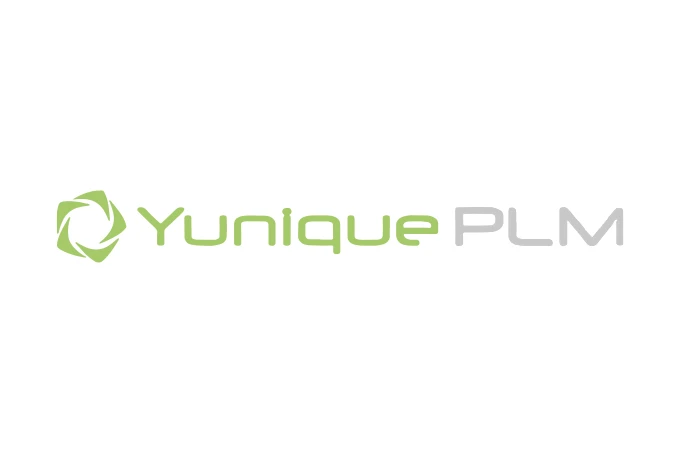
Gerber YuniquePLM offers both cloud and on-premises options and focuses on managing product development through time and action calendars. While it provides basic PLM tools for fashion, its design is often seen as outdated compared to more modern, agile platforms like WFX. It’s a decent choice for small to medium-sized companies, but it lacks cutting-edge flexibility and global collaboration tools.
Gerber YuniquePLM works for small to mid-sized fashion companies that prefer traditional, calendar-based product tracking and development. However, if you’re looking for a more advanced cloud-based system that can handle fast-paced, global fashion production, WFX offers a far superior solution.
Key Modules:
Pricing: Starts at $150/month
Customers: Filson, French Connection, Houdini Sportswear

































